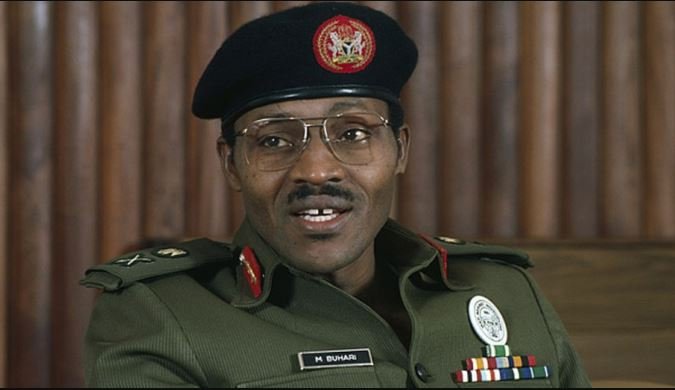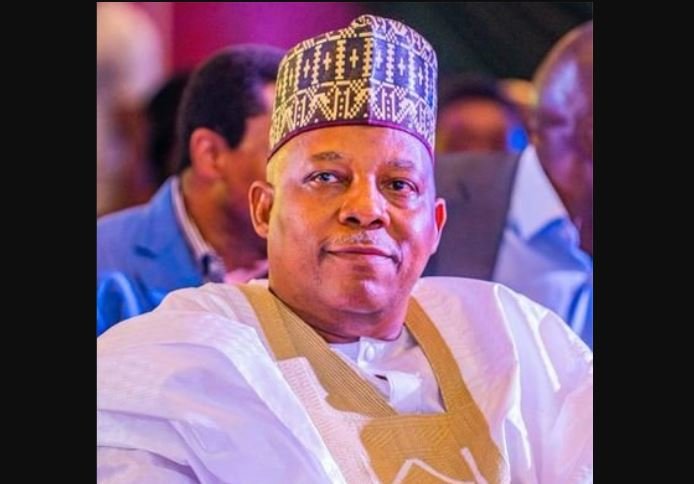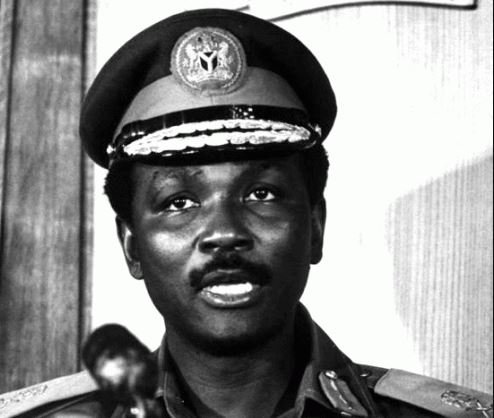
When Did Nigeria Become A Republic? (List of Republics)
Nigeria gained independence from Britain on 1, 1960, and became a federal republic three years later in 1963. This means it has a central government that shares power with regional governments.
However, there have been four different periods in Nigeria’s history since it became a republic though it has experienced some periods of military rule in between :
- The First Nigerian Republic (1963-1966)
- Military Rule (1966-1979)
- The Second Nigerian Republic (1979-1983)
- Military Rule (1983-1999)
- The Fourth Nigerian Republic (1999-Present)
READ ALSO: The History Of Military Rule In Nigeria
The First Nigerian Republic (1963-1966)
The First Nigerian Republic was established in 1963 to start an important step towards self-governance after Nigeria gained independence from Britain in 1960. This time, though brief, saw the nation experiment with a democratic parliamentary system.
The First Nigerian Republic functioned as a parliamentary democracy, meaning the power to make laws resided in a body of elected representatives called the Parliament.
The Prime Minister, chosen from the majority party in Parliament, was the head of government and used significant executive power.
On the other hand, the President served as the head of state, representing the nation in a mostly ceremonial role. Yet, the First Nigerian Republic struggles with several challenges during its short lifespan.
One major hurdle was regional tensions. Nigeria, a nation with diverse ethnicities and cultures, faced the task of forging national unity. Political parties often aligned along regional lines, making it difficult to build a strong central government.
Additionally, corruption and economic inequality posed significant problems. Despite these challenges, the First Republic also witnessed some notable achievements.
The government focused on economic development, investing in infrastructure projects like roads and bridges. Also, the education system saw an expansion, with the establishment of new universities across the country.
The nation also actively participated in international affairs, playing a leading role in the decolonization movement across Africa. Sadly, the First Republic’s promising start was cut short in 1966.
Growing political instability, ethnic tensions, and economic anxieties topped in a military coup that overturned the civilian government.
Military Rule (1966-1979)

The overthrow of the civilian government in 1966 was a notable change in Nigeria’s political landscape. The coup, led by a group of young military officers, was fueled by a combination of factors, including:
- Regional Tensions
- Discontent with Civilian Rule
Following the coup, Nigeria entered a time of military rule that lasted for over a decade. The military governments were led by various figures, with some leaving a more lasting impact than others.
General Gowon emerged as the head of state after the initial coup. His administration focused on national unity efforts and attempted to quell regional tensions.
A memorable event during his rule was the Nigerian Civil War (1967-1970), a brutal conflict triggered by a secessionist movement in the southeastern part of the country. After Gowon’s overthrow in 1975, Nigeria witnessed a series of military leaders, each with their agendas.
Despite the authoritarian nature of military rule, some governments did invest in infrastructure development and economic reforms.
The promise of a return to civilian rule was periodically offered, with varying degrees of sincerity. The period of military rule had a complex and multifaceted impact on Nigeria.
Here’s a brief look at some of the consequences: The military brought a degree of stability after the political turmoil of the early 1960s. Some governments made strides in infrastructural development and economic planning.
Civil liberties were shortened under military rule. Corruption remained a constant issue, and some military leaders enriched themselves at the public’s expense. Ethnic and regional tensions, though initially addressed by Gowon’s administration, continued.
READ ALSO: Who Was The First Senate President Of The Federal Republic Of Nigeria?
The Second Nigerian Republic (1979-1983)
The Second Nigerian Republic was founded in 1979, representing a hopeful experiment with democracy after over a decade of military rule.
This era saw the return of a civilian government, raising expectations for a more stable and representative political system.
A key feature of the Second Republic was its adoption of a presidential system of government. This differed from the parliamentary system of the First Republic.
Under a presidential system, the elected president holds both the positions of head of state and head of government. Shehu Shagari emerged as the first president of the Second Republic.
Despite the initial optimism, the Second Republic faced some challenges. The economy, heavily reliant on oil exports, suffered due to fluctuating oil prices. This led to inflation and a decline in government revenue.
Political instability also persisted, with accusations of corruption and ethnic tensions. Additionally, some argued that the return to civilian rule had not resulted in a significant improvement in living standards for many Nigerians.
however, In 1983, another military coup d’état ended the democratic experiment. The military leaders cited concerns about corruption and economic mismanagement as justification for their actions. This showed in a new period of military rule that would last for over a decade.
Military Rule (1983-1999)
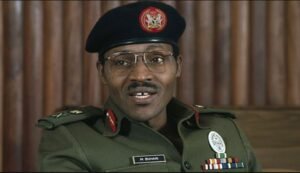
The 1983 military coup was the beginning of another extended period of military rule in Nigeria as the civilian government of the Second Republic was overthrown amidst accusations of corruption, economic mismanagement, and political instability. This course, lasting over 16 years, was dominated by two key figures: Muhammadu Buhari and Ibrahim Babangida.
General Muhammadu Buhari (1983-1985)
General Buhari’s government focused on curbing corruption and reviving the economy. He implemented austerity measures and a crackdown on social and political dissent. However, his strict rule and economic policies proved unpopular, leading to another coup in 1985.
General Ibrahim Babangida (1985-1999)
General Babangida’s regime took a more relaxed approach compared to Buhari. He introduced economic reforms and loosened restrictions on the press. Notably, his administration made several attempts at a return to civilian rule, each ultimately unsuccessful.
The most prominent example was a program that banned former military rulers from participating in the democratic process, a move that paved the way for a civilian candidate to win the 1993 election.
However, Babangida annulled the results, further eroding public trust in the military. These years of military rule had a complex impact on Nigeria.
Some argue that the military brought a degree of stability, especially after the perceived failures of the Second Republic. There were also investments in infrastructure projects during this time.
Civil liberties were restricted under military rule. Human rights abuses were documented, and corruption remained a concern. The long-term economic development of the country stagnated due to a lack of democratic accountability.
By the late 1990s, public pressure for a return to civilian rule intensified. General Babangida finally stepped down in 1999, leading to the inauguration of a democratically elected president.
READ ALSO: Complete List Of Vice Presidents Of Nigeria From 1960 Till Date
The Fourth Nigerian Republic (1999-Present)
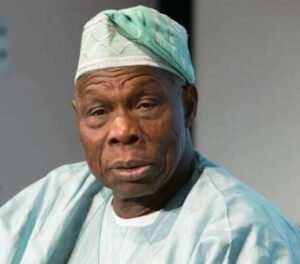
The Fourth Nigerian Republic, established in 1999 is the longest sustained period of civilian rule in Nigeria’s history. This democratic experiment, though still growing, offers a chance to build a more stable and representative political system.
The Fourth Republic continues Nigeria’s tradition as a Federal Republic. Power is shared between a central government and regional governments.
The President, both head of state and head of government, is elected through popular vote. Since 1999, Nigeria has seen a peaceful transfer of power between different political parties.
The Fourth Republic has seen notable achievements, though facing challenges with the economy, and has experienced periods of growth, driven in part by the oil industry and massive entrepreneurial energy.
Efforts have been made to improve infrastructure and expand access to education. Nigeria also plays a prominent role in regional and international affairs.
Despite the progress, Nigeria continues to struggle with significant challenges. Corruption remains a big topic, hindering economic development and corrupting public trust.
Security threats, including Boko Haram and other regional conflicts, pose a constant threat. Social and economic inequality also requires ongoing attention.
Reference Resources:

